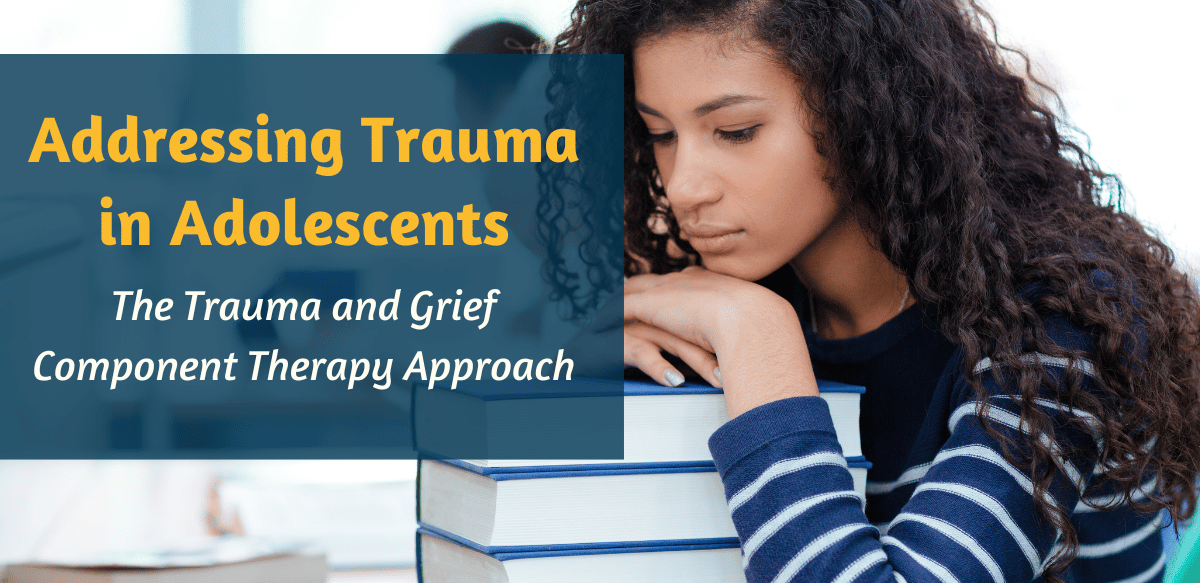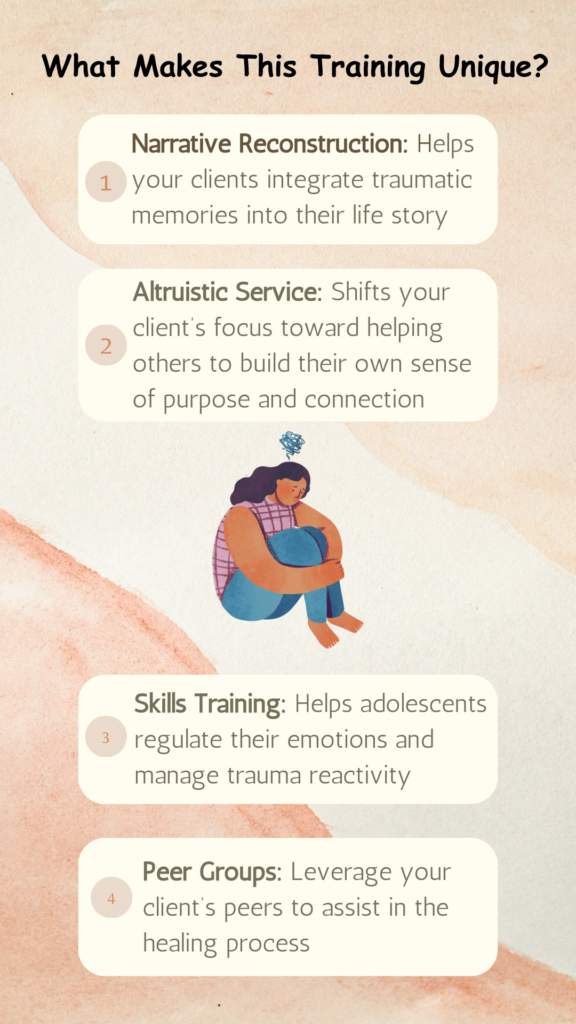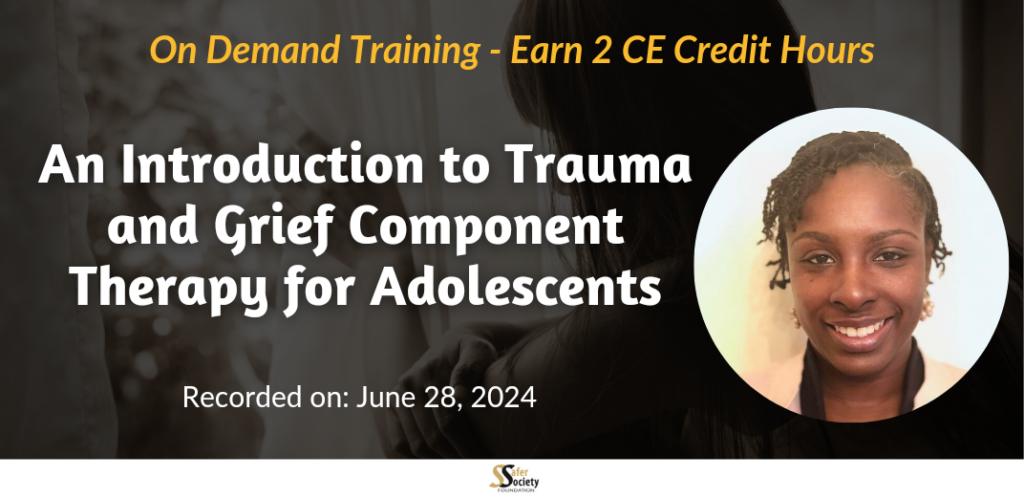
Tragedies such as school shootings attract a great deal of attention from the media, as they should, and it is easy to understand how such events can severely affect everyone involved. However, for some young people, there are other adverse childhood experiences that occur on a daily basis. These events draw less attention, but they can cause chronic emotional distress. Some of these experiences are:
- being a frequent victim of bullying
- unexpected death of a loved parent or sibling
- constant worry about the health and survival of loved ones
- witnessing or being the victim of prolonged incidences of domestic violence
- ongoing incidences of incest
Prolonged exposure to situations like these can result in severe affective dysregulation, aggression in response to triggers, interpersonal difficulties, a sense of hopelessness, and difficulties with trust.

Chronic stress victims require new approaches to treatment. In a Safer Society on demand training, clinical counselor Erica Ogletree shares her knowledge and experiences with a treatment approach known as Trauma and Grief Component Therapy for Adolescents (TGCTA). TGCTA has been shown to be effective in helping adolescents deal with chronic trauma.
Features of TGCTA
Assessment-driven: This approach incorporates various types of assessments throughout the therapeutic process. An initial comprehensive assessment is followed by regular assessments (self-report measures, clinical interviews, observations, and feedback from caregivers) to gauge how the client is progressing and where extra assistance is needed.
Modularized: TGCTA is organized into 4 modules, though the order of these modules can be customized by clinicians to best meet the needs of their clients. Early modules provide psycho-educational material on how clients can recognize trauma triggers as well as identify their own inaccurate thoughts in response to triggers. Later modules focus on regulating and reducing maladaptive grief reactions as well as helping clients plan for how they are going to deal with ongoing stressors.
Manualized: TCGTA provides manuals for each stage of the treatment process so that the treatment is implemented in a consistent manner across different settings and by different practitioners.
TGCTA acknowledges the profound connection between traumatic experiences and grief, and it addresses not only the symptoms of trauma but also unhealthy responses to loss. By doing so, the approach seeks to alleviate distress and foster constructive coping mechanisms for both trauma and grief.
“Results of TGCTA implementation have shown significant improvements in posttraumatic stress reactions, maladaptive grief reactions, depression symptoms, and academic performance and behavior at school.”
An Introduction to Trauma and Grief Component Therapy for Adolescents

Length: Two Hours
Format: Pre-recorded online training access through our website
Hosted By: David Prescott, LICSW, ATSA-F
Credit: 2 CE Credit Hours
Cost of training and CE certificate: $60
This training, presented by Erica D. Ogletree, MA, LPCC-S, CSOTP, CTRP-CT, TGCTA-CT, provides invaluable insights and practical strategies for professionals working with adolescents experiencing chronic stress, significant loss, or grief. The presentation equips attendees with tools and techniques from the TGCTA approach, such as the Trauma Goal Worksheet, Trauma Reminders Worksheet, and Personal Coping Toolkit. By attending the training, professionals gain a comprehensive understanding of the TGCTA methodology and acquire the necessary skills to provide high-quality, trauma-informed care to their adolescent clients.
